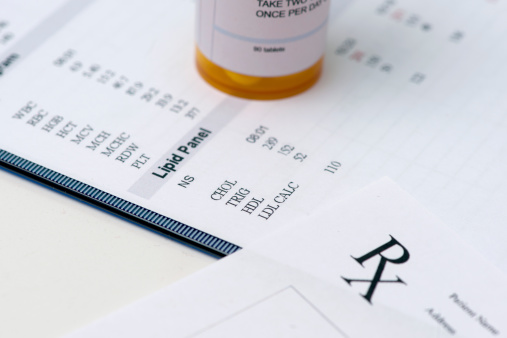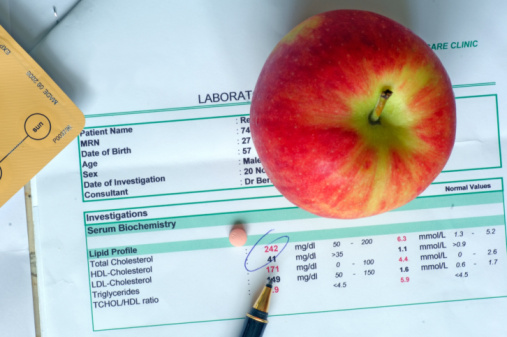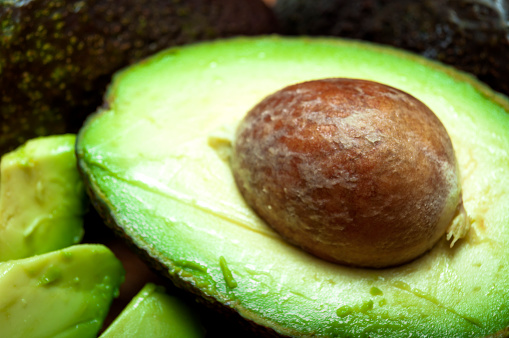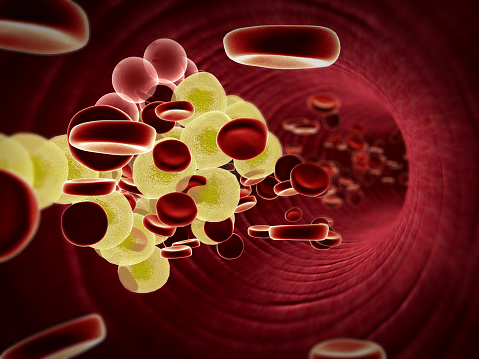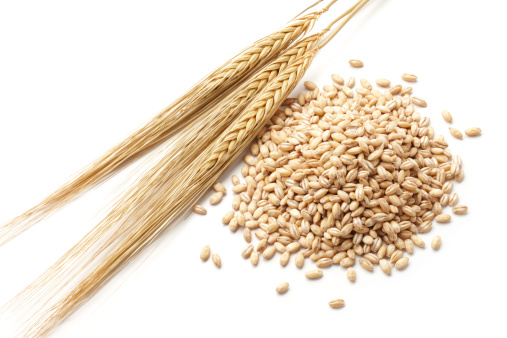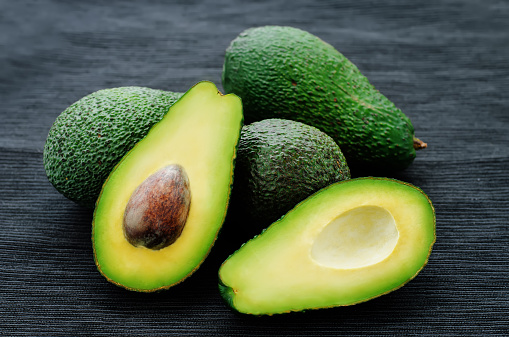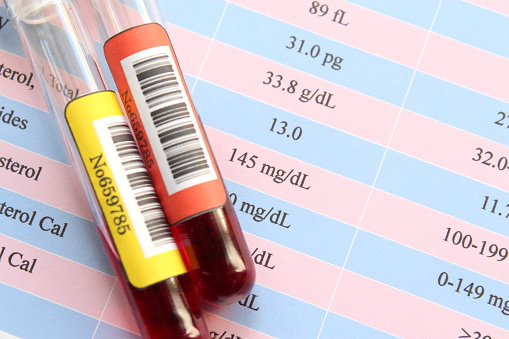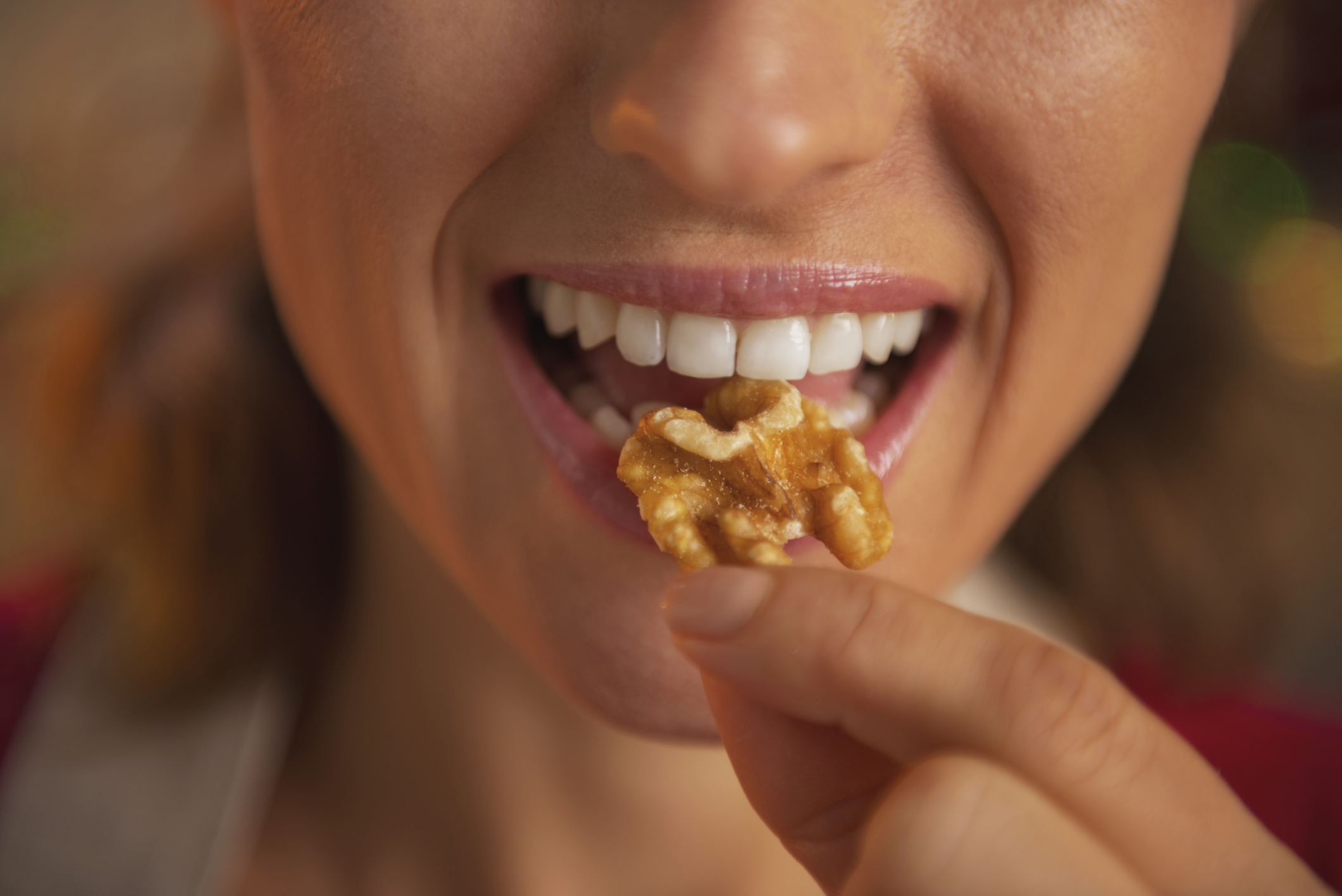LDL cholesterol levels can be brought down by new lipid-lowering drugs: Study
LDL (bad) cholesterol levels can be brought down by new lipid-lowering drugs, according to a recent study. The new therapy, known as anti-PCSK9 antibodies, is added to other lipid-lowering treatments to better help patients reduce their LDL cholesterol. Gene mutations for the PCSK9 protein have been linked to high cholesterol levels because the protein binds ...click here to read more

